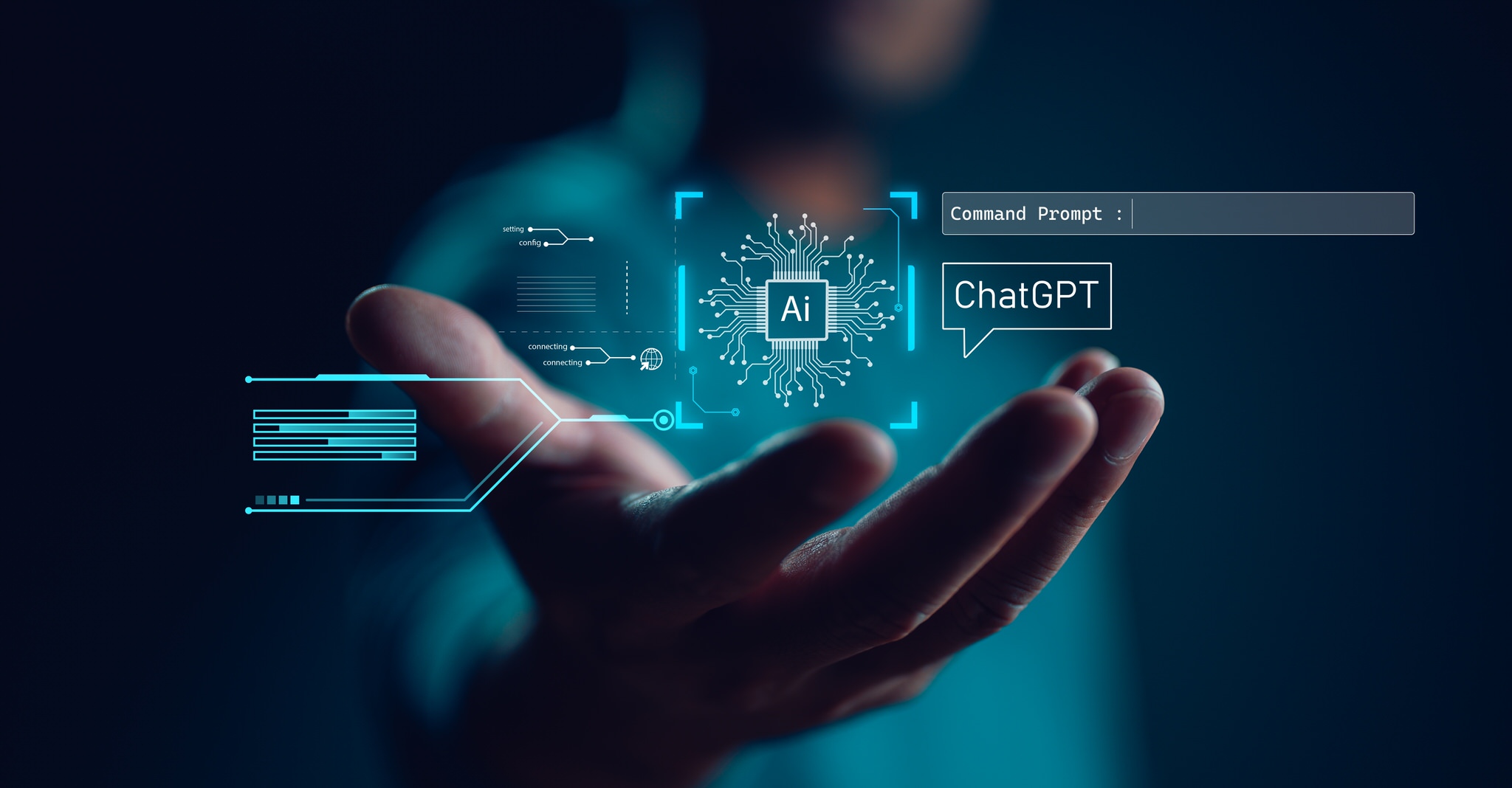- All of Microsoft
Public Preview of Azure OpenAI Service for Enhanced Data Management
Explore Azure OpenAI Service for private ChatGPT creation using personal data, addressing potential fine-tuning issues and utilizing knowledge base for accurate
Introducing Azure OpenAI Service On Your Data in Public Preview In this article, Mick Vleeshouwer explores the feasibility of creating a private ChatGPT model for Q&A using one's own data. He outlines the architecture and data requirements for this, and also discusses the limitations of fine-tuning pre-trained models. Some of the drawbacks of fine-tuning include problems with factual correctness, traceability, access control, and costs. To overcome these, Vleeshouwer suggests separating the knowledge base from the language model, thereby ensuring users receive accurate answers based on relevant data.
Key steps in the process involve:
- User asking a question.
- The application finds relevant text that likely contains the answer.
- A prompt with the relevant text is sent to the large language model.
- The user receives an answer or 'No answer found' response.
He also emphasizes the importance of context, recommending the use of a knowledge base for finding relevant documents via semantic search. This involves breaking down data into smaller, manageable pieces.
Azure OpenAI Service on your data supports connecting to multiple sources, including:
✅ Azure Cognitive Search index.
✅ Azure Blob storage container.
✅ Local files
Read the full article Introducing Azure OpenAI Service On Your Data in Public Preview
How to create a private ChatGPT with your own data
In this article, Mick Vleeshouwer explores the feasibility of creating a private ChatGPT model for Q&A using one's own data. He outlines the architecture and data requirements for this, and also discusses the limitations of fine-tuning pre-trained models.
- 1. User asking a question.
- 2. The application finds relevant text that likely contains the answer.
- 3. A prompt with the relevant text is sent to the large language model.
- 4. The user receives an answer or 'No answer found' response.
With Azure OpenAI Service, it is now possible to create tailored Q&A systems that leverage your organization's data for accurate and relevant responses to user queries. By separating the knowledge base from the language model and implementing semantic search, you can overcome common limitations of fine-tuning pre-trained models, such as issues with factual correctness and traceability. This approach provides both a more secure and cost-effective solution for harnessing the power of large language models in a way that meets your organization's unique needs.
Learn about Introducing Azure OpenAI Service On Your Data in Public Preview
Azure OpenAI service is a public preview tool that can be used to create a private ChatGPT model for Question and Answer (Q&A) purposes. This model is created by fine-tuning pre-trained models, however there are drawbacks to this approach, such as problems with factual correctness, traceability, access control, and costs. To tackle these issues, Vleeshouwer suggests separating the knowledge base from the language model, thereby ensuring users receive accurate answers based on relevant data. The process for creating a Q&A model includes the user asking a question, the application finding relevant text, a prompt with the relevant text being sent to the large language model, and the user receiving an answer or 'No answer found' response. Context is also important, and Vleeshouwer suggests using a knowledge base for finding relevant documents via semantic search, which involves breaking down data into smaller, manageable chunks.

More links on about Introducing Azure OpenAI Service On Your Data in Public Preview
- Introducing Azure OpenAI Service On Your Data in Public ...
- 2 hours ago — We are excited to announce the launch of Azure OpenAI Service on your data in public preview, a groundbreaking new feature that allows you ...
- Introducing GPT-4 in Azure OpenAI Service
- Mar 21, 2023 — ... that GPT-4 is available in preview in Azure OpenAI Service. ... Our collaboration with OpenAI, along with the power of Azure have been ...
- ChatGPT is now available in Azure OpenAI Service
- Mar 9, 2023 — Since ChatGPT was introduced late last year, we've seen a variety of scenarios it can be used for, such as summarizing content, generating ...
- Azure OpenAI Service – Advanced Language Models
- Azure OpenAI Service offers industry-leading coding and language AI models that you can fine-tune to your specific needs for a variety of use cases.
- Azure OpenAI Service frequently asked questions
- Azure OpenAI is part of Azure Cognitive Services. Data and Privacy. Do you use my company data to train any of the models? Azure OpenAI ...
- General availability of Azure OpenAI Service expands ...
- Jan 17, 2023 — With Azure OpenAI Service now generally available, more businesses can apply for access to the most advanced AI models in the ...
- Public preview: Azure Cognitive Services updates
- May 24, 2022 — Azure Cognitive Services is announcing the following preview updates at Build: Azure OpenAI Service and summarization capabilities in Azure ...
- Azure OpenAI
- May 23, 2023 — It is a cloud-based platform that enables developers and data scientists to build and deploy AI models quickly and easily. With Azure OpenAI ...
- Dima Turchyn - Microsoft Azure
- ICYMI - what we announced 1️⃣ Azure OpenAI Service on your data: Coming to public preview in June, this feature enables businesses to use ChatGPT on their ...
- Azure Weekly Issue 420: 28th May 2023
- May 28, 2023 — Microsoft Fabric, a unification of data products and an evolution of ... Introducing Data Generator for Azure Event Hubs – Public Preview ...
Keywords
Microsoft Azure, OpenAI Service, ChatGPT, Fine-Tuning, Knowledge Base, Semantic Search
